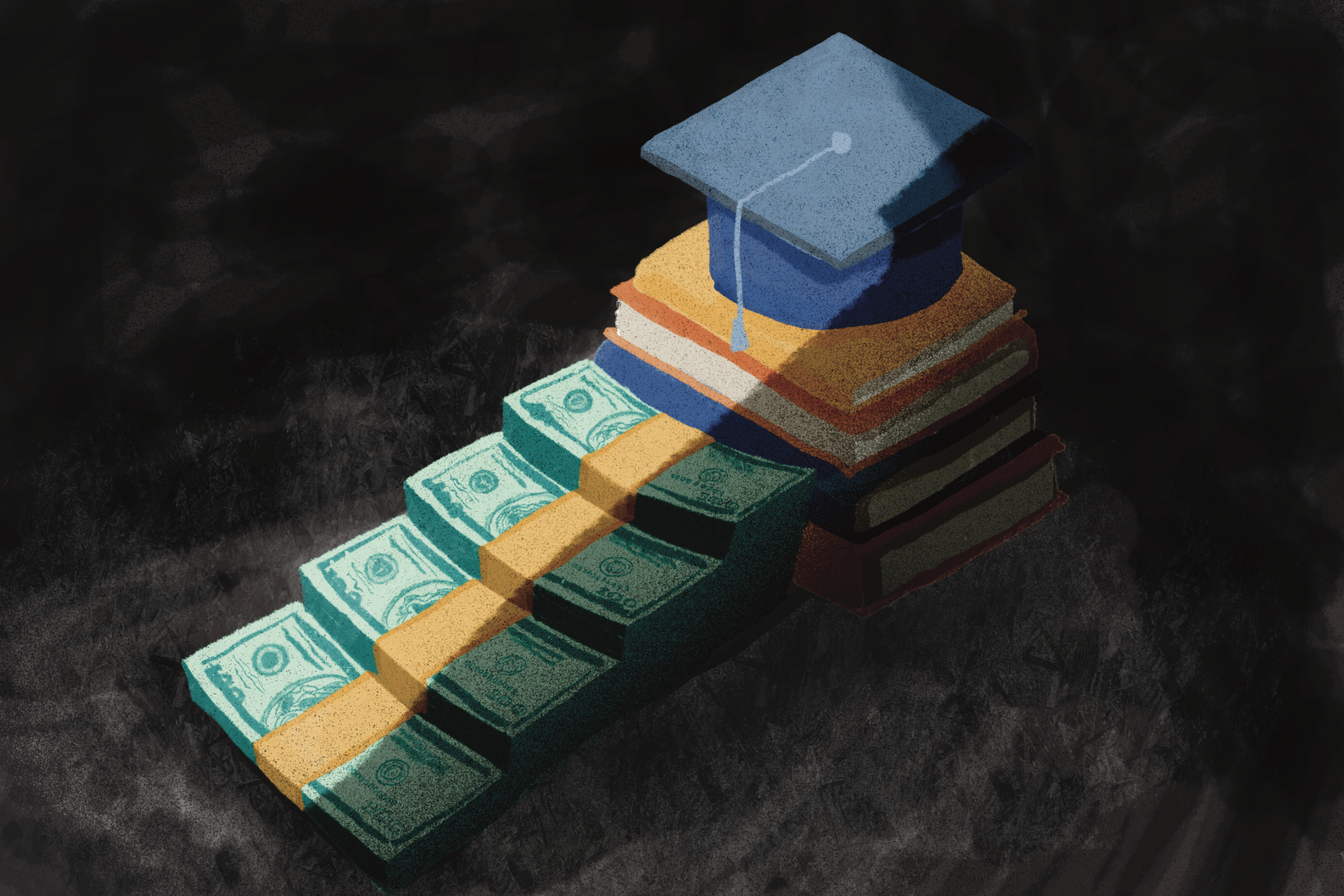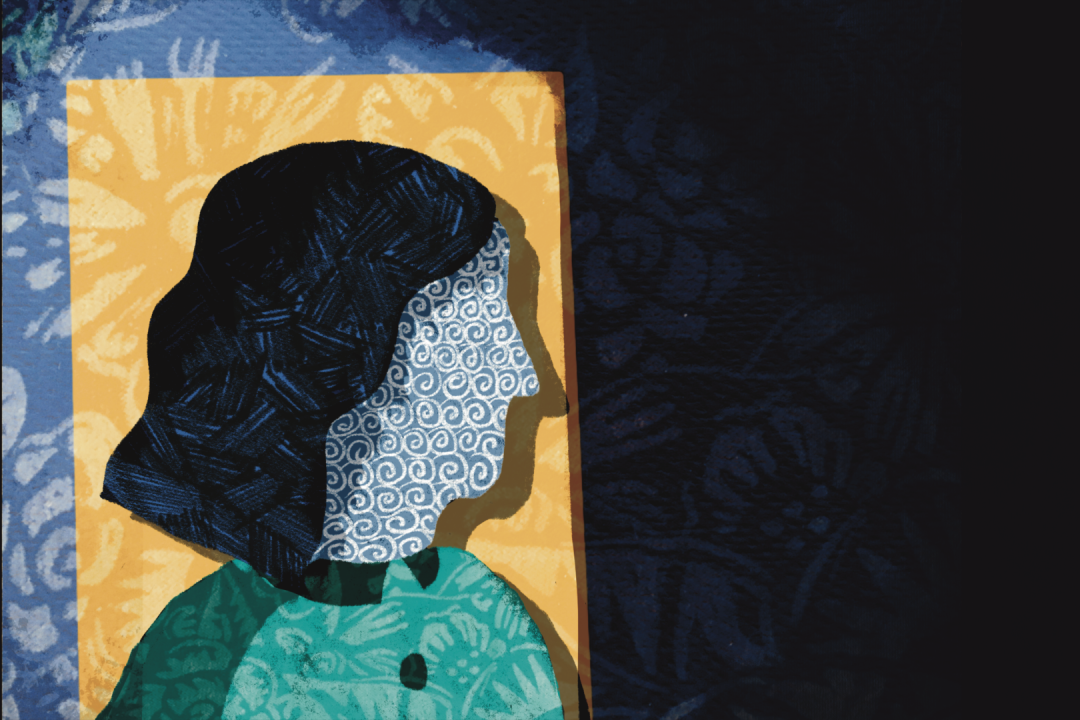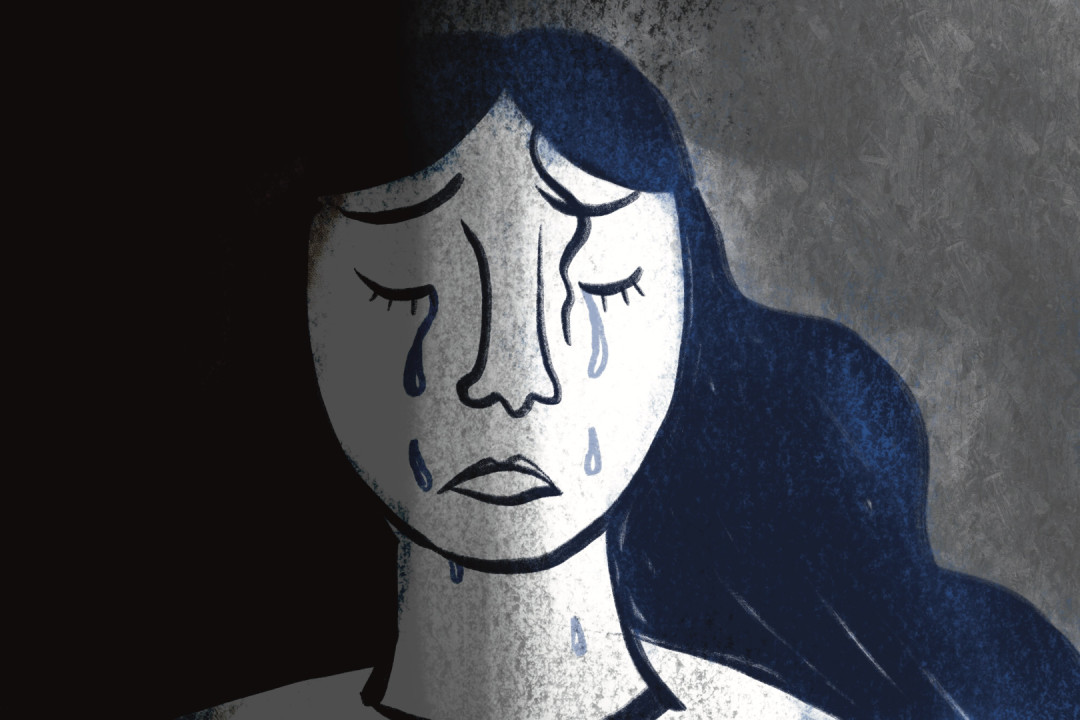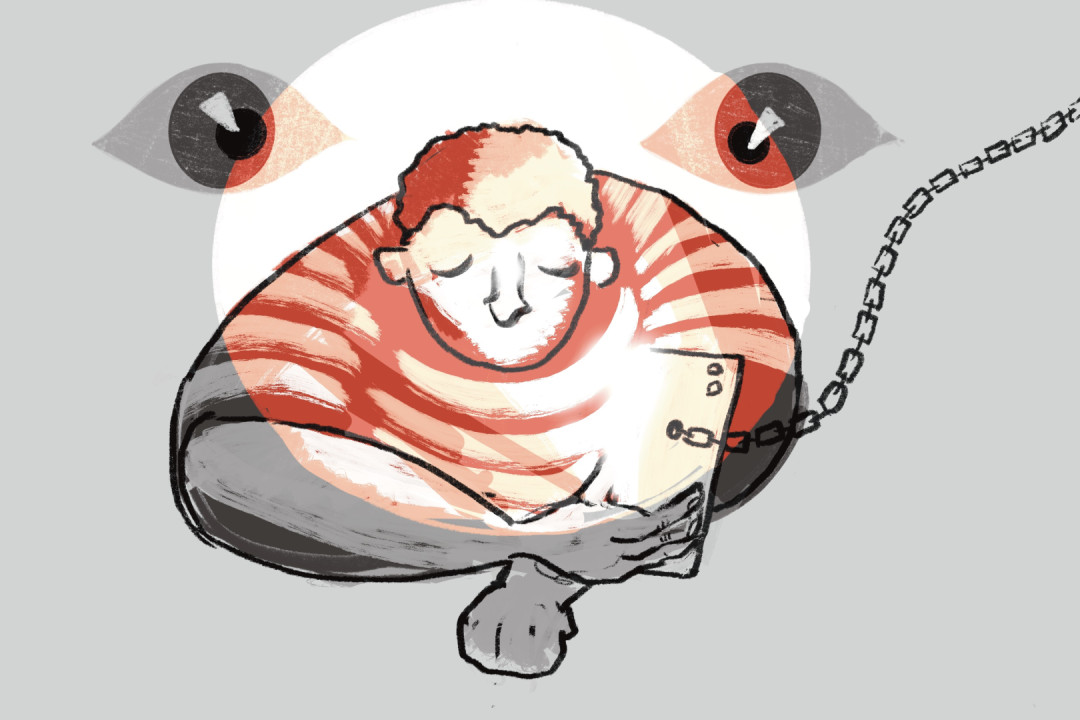
What education system to implement within the Kurdistan Region of Iraq? A comparison of the Kurdish and Finnish systems
By: Mustafa Abdullah
A country’s education system is one of the most fundamental cornerstones toward making its society flourish and thrive. It is crucial to look at how the Kurdistan Regional Government’s (KRG) education system can become one of the most advanced systems in the world. As it stands today, students ranging from early education to higher levels of education in the Kurdistan region do not fully enjoy their school days. The schooling system fails to create ambitious students with the ability to pursue the careers they desire. One of the most successful systems to look at in the contemporary era is the Finnish education system, a unique education system that stands out from the rest of the world and has outranked nearly all education systems in different parts of the world.
The Finnish School System
The main reason for the advanced education system in Finland is their avoidance of robotic schedules and memorization for standardized tests. Given this fact, Finland has achieved immense success in the educational environment it has created. The absences of standardized tests leave students with no comparisons, no rankings, and no competition in terms of grades. Student differentiation is low and this encourages huge incentives and motivations for the learners to develop skills that each individual finds valuable. Olli Luukainen, chairman of the board of JUKO, Finland’s teachers' union, explains that “equality is the most important word in Finnish education, and all political parties on the right and left agree on this.”
A country’s education system is the top indicator of any nation’s wealth and sophistication. The higher the literacy rates, the higher the economic growth. It is crucial to establish a healthy environment for students at different stages of their educational development to help nurture their talents and reach their full potential. In addition, better education will improve the standards of living and increase the level of happiness throughout society. However, most learning institutions around the world have a flawed feature of testing a learner’s memory rather than testing their intelligence.
Finland, however, does not worry about arbitrary merit-based systems. Unlike most other schooling systems, Finland creates a robust and healthy environment on campus, encouraging students to cooperate and learn together. They have opposed compulsory education for students and give children the ultimate freedom to pursue what they enjoy studying during the school day. Since 2010, Finish universities have had the status of independent entities separate from the government. However, the state continues to be the main provider of support for universities. Student admission to universities is based on the grades they got in their matriculation examination combined with the results of the entrance examination, and training and work experience are taken into consideration. As a result, the Finnish system helps to create efficient and productive students and a system of education leading in terms of technological advancements.
The Kurdish Education System
The KRI education system currently faces several issues. To begin with, the curriculum is outdated, there is a deficit of staffed and trained teachers that are qualified for the job, the school campus is tedious, and there is not enough space allocated for extracurricular activities. In the Kurdistan Region, it is apparent that enrolment and student achievement are stagnating drastically. The Kurdistan Region with a population of between 5-6 million, has a growing population with 50 percent of the population under the age of 20. Despite the continued rise in the number of universities, illiteracy remains high with roughly 11 percent of males and 27 percent of females between the ages of 20-29 being illiterate. Early education, such as kindergarten or nursery school, is one of the most important bases for preparing students for primary school, serving academic, social, and emotional development. In early education, children between the age of 4-6 learn basic literacy and numerics and obtain outdoor physical education. It is a transitional period where the child is taken outside the home and as Anwar explains, is “a place where children can develop in a natural way.” Aside from the insufficient and unqualified staff employed in early education, the continued financial crisis in the KRI is affecting the number of places of early education decreasing as well as the performance of such institutions.
The KRI requires extensive training programs for teachers and the work ethic spirit in the education sector. It is important to note that the main role of early education is to enhance a place for children to work freely and develop naturally. The most suitable education model is not to apply the Finnish system due to differences in cultural, political, geographic, and social backgrounds. Rather, the best possible system to adopt and enact would be a mixture of the suitable education curriculum, incorporating best practices from the Finnish example. While the KRI is currently not a fully independent sovereign state, but rather a de facto state, it has its own culture, language, and other forms of government entities separate from Iraq.
It is of utmost significance that the education system keeps up with technological developments throughout learning procedures. Up-to-date curriculum and methods of teaching are highly necessary to produce an efficient community of students for their future success. Unfortunately, starting from early education, public schools in Kurdistan have not been funded properly due to continued financial crises, resulting in public schooling being infamous as a place for spreading intolerance and rigid learning techniques that students must adhere to. This will eventually lead to huge repercussions since what children learn in early education will influence their behavior in certain manners and shape their character. Moreover, it is of crucial importance to provide equal access and opportunities in the Kurdistan Region for all different ethnic, religious, and racial groups to pursue their education without any prejudice, subjugation, or discrimination. Religious teachings and texts should be changed to topics of spirituality and the peaceful coexistence between different religious groups and sects. Some changes have been made to the religious curriculum however according to a commission that comprised seven men and no women, reflecting the curriculum's masculine perception, claims were made that it has deprived women of their rights. The emphasis on Islamic education and doctrine in religious curriculum leads more young people to join Islamic movements or have extremist ideologies that would call other non-muslims non-believers or apostates.
There are some other differences between the Kurdish education system and the Finnish system, one of them is that in Finland nearly all teachers are educated to a Master’s level. The most suitable solution in KRI, however, would not be to support all teachers to pursue their Master’s degrees but rather to have academic and professional training courses for teaching and educating students from different age groups. It is the Ministry of Education’s responsibility to employ capable and ambitious teachers that use their morals ethically to serve future generations. Rewards and fringe benefits would be an enticing approach to meeting the demands of staff, teachers, and employees in school systems from early education to high school.
School systems should instill liberal and rational methodologies of critical thinking and questioning certain topics that are of interest. The government should be able to build or at least renovate some public schools and focus on the interior design and the campus of these schools so that students will be encouraged and motivated to spend more of their time in a productive learning environment. It is well known that schooling starting after 9 AM is more susceptible for students to be more attentive in class and even throughout the day with more breaks and teachers passionately doing their job. There is a stereotypical norm that most families encourage youth to pursue the fields of medicine and engineering in their last years of high school. Other fields such as Economics, Sociology, Psychology, subjects in the College of Arts, and human development are marginalized and ignored by families, students, as well as the education system in general.
Prioritizing Public Education
Another huge concern for people residing in Kurdistan is the sheer economic disparity between families that results in some students being able to pursue their education in the private sector. Differences naturally occur between different socio-economic and education levels in most parts of the world, wherein one group is in a more advantageous or privileged position than others. Wealthy families in KRI have the chance to enroll their children in well-ranked universities and other prestigious educational institutions. Private schools, institutes, and universities have become necessary for creating disciplined and qualified students. Critical assessment should be considered as an evaluation mechanism when private institutions are opened. Unfortunately, the Ministry of Higher Education has not thoroughly tackled the issue of employment opportunities for recently graduated bachelor's students. Private universities are outpacing public ones. As of 2019, there are 19 private universities and 16 public ones. The issue is not only that private institutions are on the rise, but the fact that the graduates in some private education institutions are not fully qualified to be employed or join the working sector of their specialty. This has created huge dissent that these universities are created to generate revenue and wealth more than to serve the community and society. Improvements and utilizing the resources at hand are necessary to ameliorate the education system. In addition to these issues, certain financially well-off students have a better chance than other lower classes to enroll in the KRI’s top universities.
It is recommended that the Ministry of Education set up clear goals and strategies and outline the necessary tools and requirements to meet them, to provide a stable and solid education system for Kurdistan’s children and youth. Proper funding and investments must be allocated to the education sector to create an educated workforce built on morals and intelligence rather than material wealth or other means. An initiative the government could undertake is to take a survey and collect critical data on student enrolment and the reasons behind students dropping out of school. The more students continue to drop out, the fewer achievements available to them, and the potential increase in delinquency, putting youth at risk of resorting to crime, drug addiction, and other illegal work.
The education system is the most important sector towards revolutionizing and industrializing a nation. Finland has the best-developed education system in the world and it will be of utmost importance for KRI to adopt some of its policies toward establishing a more educated society. The process is a gradual one and huge improvements can be seen since 2004 when higher education opened more public universities in different districts and cities. In a Kurdish-based model of education where students are taught to speak and study in their mother tongue alongside English and Arabic, setting a friendly and flexible environment inside the school from early education to high school is necessary. English and Arabic language skills are highly desirable since the Kurdistan region is still operating under Iraqi federalism and the region is located within the majority Arab Middle East, making it critical that the Arabic language is known. In addition to that, the English language is currently a universal language.
An education system must be robust and capable of developing future generations to lead their nation to economic prosperity and growth. An advanced education system will encourage people within that nation to discover and make extensive scientific inventions and developments by allowing children of different ages to pursue their goals and objectives according to their abilities in a nurturing environment.





